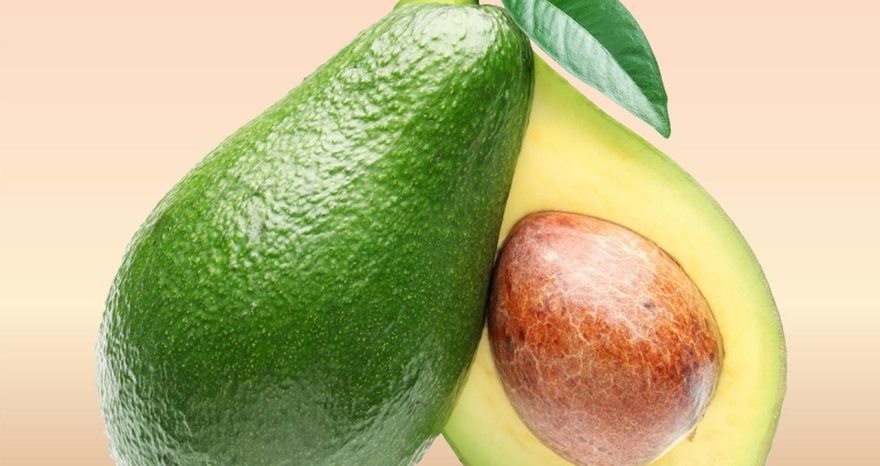Plant-based meat also falls into the category of ultra-processed foods, meaning those that are heavily processed and reformulated with additives to enhance flavor, shelf life, and appearance. As a result, they are not beneficial to health, but occasional consumption is acceptable

Plant-Based Meat: Beautiful and Tasty?
In the debates surrounding plant-based meat products, the visual appeal often takes center stage—because as the saying goes, we eat with our eyes too.
The question of appearance isn’t minor, especially for lab-created foods. Until now, manufacturers have focused on adding ingredients to ensure these products deliver the necessary alternative proteins to replace those found in animal meat.
Producers have worked to mimic the color, flavor, and texture of real meat. Over the years, the industry has evolved to the point where international markets offer faux chicken bites, sausages, and even deli meats.
Replicating Marbling in Plant-Based Meat
Yet, something remains elusive: no one has successfully recreated the natural marbling of real meat—the irregular distribution of fat within muscle fibers.
The best example of marbling is Kobe beef, the famously tender and flavorful Japanese delicacy. Plant-based meat is engineered for uniformity, eliminating natural inconsistencies like marbling.
Health Concerns of Ultra-Processed Foods
While efforts to enhance visual appeal continue, concerns linger about health impacts. Plant-based meat belongs to the ultra-processed food category—products reformulated with additives to improve taste, shelf life, and appearance—raising questions about its healthiness.
These alternatives appeal not just to vegetarians but also to those concerned about animal welfare, slaughter practices, and the environmental footprint of livestock farming.
A recent study published in The Lancet Europe (titled “Implications of food ultra-processing on cardiovascular risk considering plant origin foods“) sparked alarm with its reported links between plant-based meat, cardiovascular disease, stroke, and premature death.
A Media Overreaction
However, the headlines were more alarming than the findings. The study primarily analyzed differences between plant-based and non-plant-based ultra-processed foods in relation to cardiovascular risks and mortality.
Notably, plant-based meat made up only a small portion of the ultra-processed foods considered in the study. Therefore, the findings cannot definitively state what would happen with increased consumption of plant-based alternatives.
Moderation Is Key
Another study, Comparison of nutritional profile between plant-based meat analogues and real meat, published in Food Research International, concludes that there’s insufficient evidence to determine the health impacts of plant-based meat.
What’s clear is that both plant-based and lab-grown meats (derived from stem cells) often contain additives, saturated fats, salt, and sugar—ingredients known to be as harmful as those in snacks, sodas, and processed baked goods.
While regular consumption can be harmful, occasional indulgence is deemed acceptable by nutritionists.












